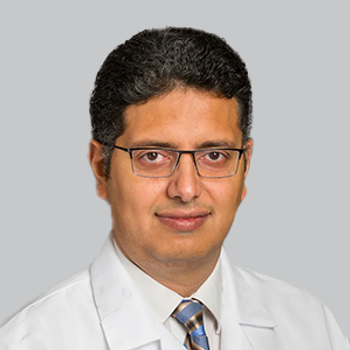
Nine of the 10 participants with NMOSD included in the case series have remained relapse-free after switching to satrlizumab from previous therapy.

Nine of the 10 participants with NMOSD included in the case series have remained relapse-free after switching to satrlizumab from previous therapy.

With an anticipated life expectancy of 3 years from the time of symptom onset, an effective treatment strategy is essential in ALS—and recent therapeutic progress has built a foundation of hope for the community.
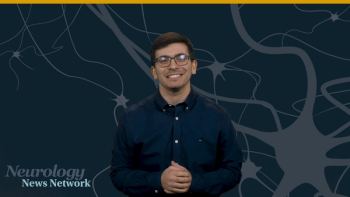
Neurology News Network for the week ending March 4, 2023. [WATCH TIME: 3 minutes]

Now 4 years after the approvals of the first calcitonin gene-related peptide inhibitors, new therapies are being developed to address the lingering needs of patients with refractory migraine.

Take 5 minutes to catch up on NeurologyLive®'s highlights from the week ending March 3, 2023.
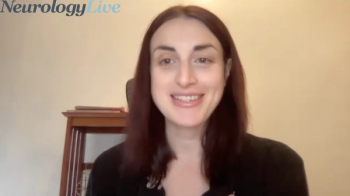
The executive director of the Alliance for Headache Disorders Advocacy delved into the critical access and policy issues expressed at the 2023 Headache on the Hill. [WATCH TIME: 7 minutes]

Between the 2 therapies, ozanimod was associated with significantly lower risks of safety outcomes, including adverse events leading to discontinuation, herpetic infections, bradycardia, and abnormal liver enzymes.
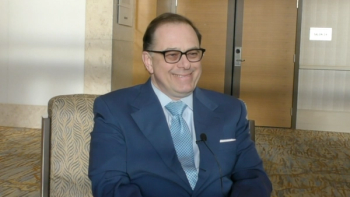
The clinical research director of the UCSF Multiple Sclerosis Center spoke on the findings from two post-hoc analyses that were presented at the 2023 ACTRIMS Conference. [WATCH TIME: 3 minutes]

Disease pathogenesis is attributed to oxidative stress—which can be regulated by NRF2, which, in turn, binds to antioxidant responsive elements in the promoter of the target gene FXN to control its expression.

Of 2 patient fatalities in the analysis, one was unvaccinated and treated with nonconventional therapies for COVID-19 and the other had a history of deep venous thrombosis and was complicated by pulmonary embolism.
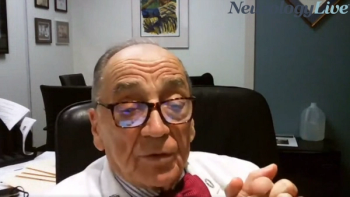
The director of the Ann Kimball & John W. Johnson Center for Cellular Therapeutics at Houston Methodist provided insight on previously approved therapies for ALS, and whether they can work synergistically with agents that enhance regulatory T cells function. [WATCH TIME: 5 minutes]
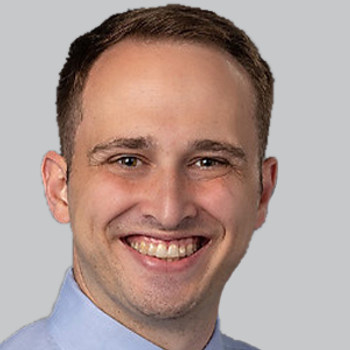
Several therapies are progressing through the development pipeline and have shown promising data, setting up the multiple sclerosis treatment toolbox for possible expansion in coming years.
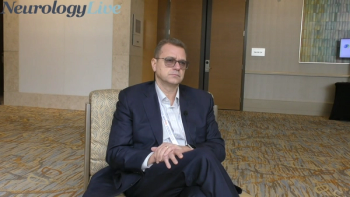
The director of the Buffalo Neuroimaging Analysis Center discussed the need to further explain differences in cortical lesions and deep gray matter in patients with severely affected multiple sclerosis. [WATCH TIME: 4 minutes]

Bruce Cree, MD, PhD, MAS, FAAN, clinical research director of the UCSF Multiple Sclerosis Center provided insight on 2 post-hoc analyses of the N-MOmentum trial for NMOSD that were presented at 2023 ACTRIMS Forum.
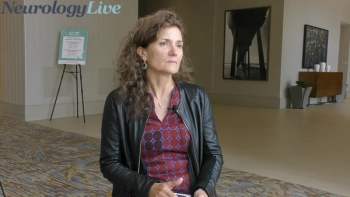
The neurologist and physician scientist at Washington University in St. Louis provided insight on the general dieting strategies patients with multiple sclerosis should take as more information becomes available. [WATCH TIME: 6 minutes
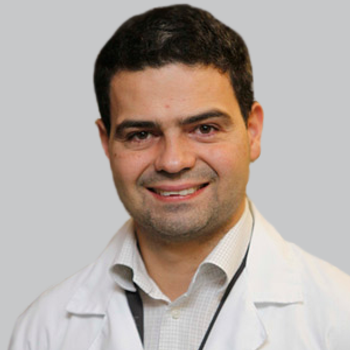
Three of 4 patients withdrew from their previous enzyme replacement therapy following treatment with AT845 gene therapy.
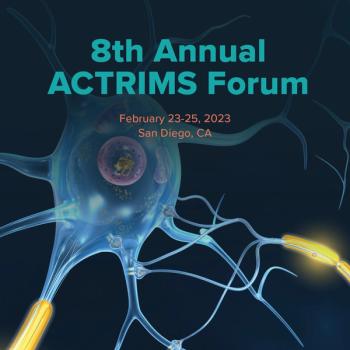
As a recap from ACTRIMS 2023, get caught up on some of the latest news in multiple sclerosis as the NeurologyLive® team shares some of our data updates.
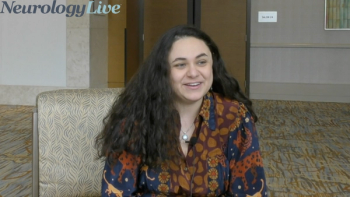
The associate director of the Multiple Sclerosis & Neuromyelitis Optica Unit at Massachusetts General Hospital provided perspective on a study that linked NMOSD to increased unemployment and decreased income. [WATCH TIME: 6 minutes]

The chair of the Department of Neurology at Cedars Sinai Medical Center provided perspective on National MS Education and Awareness Month, and the changes to MS education in recent years.
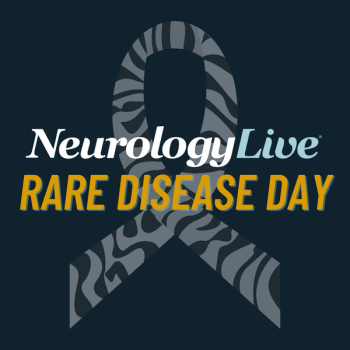
A group of experts in the care of patients with rare diseases—Emma Ciafaloni, MD, FAAN; Martina Bebin, MD, MDA; Timothy Miller, MD, PhD; George Small, MD; Bruce Cree, MD, PhD, MAS, FAAN—shared their perspectives on hot topics of treatment and management.

The Reata Pharmaceuticals therapy, branded as Skyclarys, is indicated for adults and adolescents aged 16 years and older.
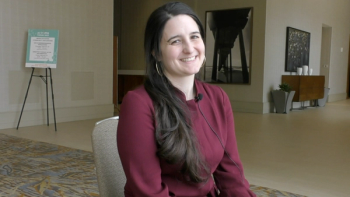
The staff neurologist from the Mellen Center for MS Treatment and Research at the Cleveland Clinic discussed how patients with multiple sclerosis are more open to using telehealth for accessing their healthcare providers at the 2023 ACTRIMS Forum. [WATCH TIME: 4 minutes]

In recognition of Rare Disease Day, the NeurologyLive® team offered an extensive update on the state of care and treatment for a few rare neurological diseases, including Pompe disease, Rett syndrome, among others.

The wearable device received its original FDA go-ahead in 2019, and has since demonstrated effectiveness in preventive and acute care for migraine treatment in adolescents and adults.

In recognition of Rare Disease Day, the NeurologyLive® team offered an extensive update on the state of care and treatment for a few rare neurological diseases, including Pompe disease, Rett syndrome, among others.
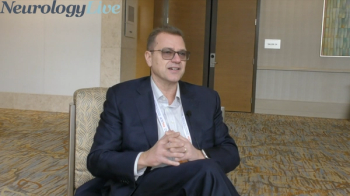
The director of the Buffalo Neuroimaging Analysis Center provided context on the CASA-MS study, and the key differences in why certain patients with multiple sclerosis experience more rapid disability progression. [WATCH TIME: 4 minutes]
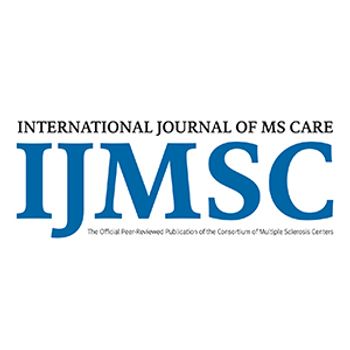
Review the latest peer-reviewed articles dedicated to the multidisciplinary management of multiple sclerosis published in the International Journal of MS Care.

In a dose-ranging study, the gene therapy achieved 78% Gb3 substrate clearance at 6 months and 77% reduction in urine podocyte loss in 1 of the first kidney biopsies.

Compared with those on an unrestricted diet, patients with MS on intermittent calorie restriction showed greater cognitive performance, as assessed by SDMT, after 12 weeks dieting.

Episode 31 of the AUPN Leadership Minute features Donald S. Higgins, Jr., MD, of the VHA and Albany Medical College; and Adam Newsom, of Merritt Hawkins. [WATCH TIME: 5 minutes]